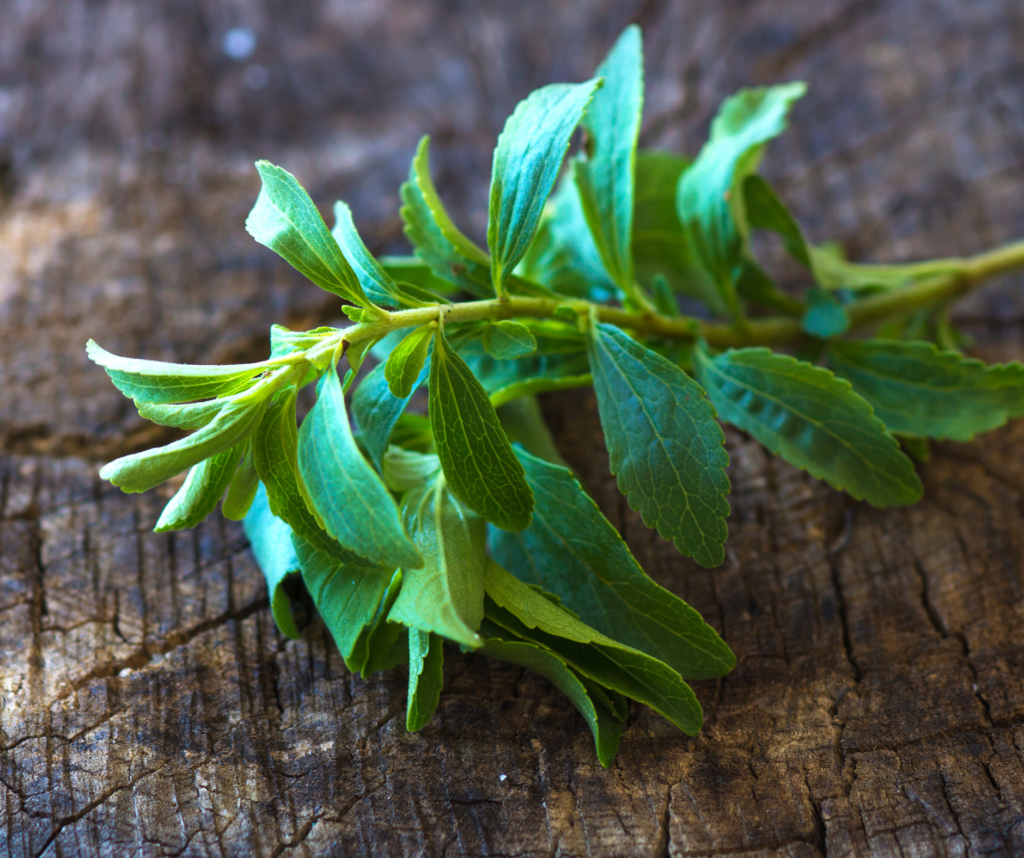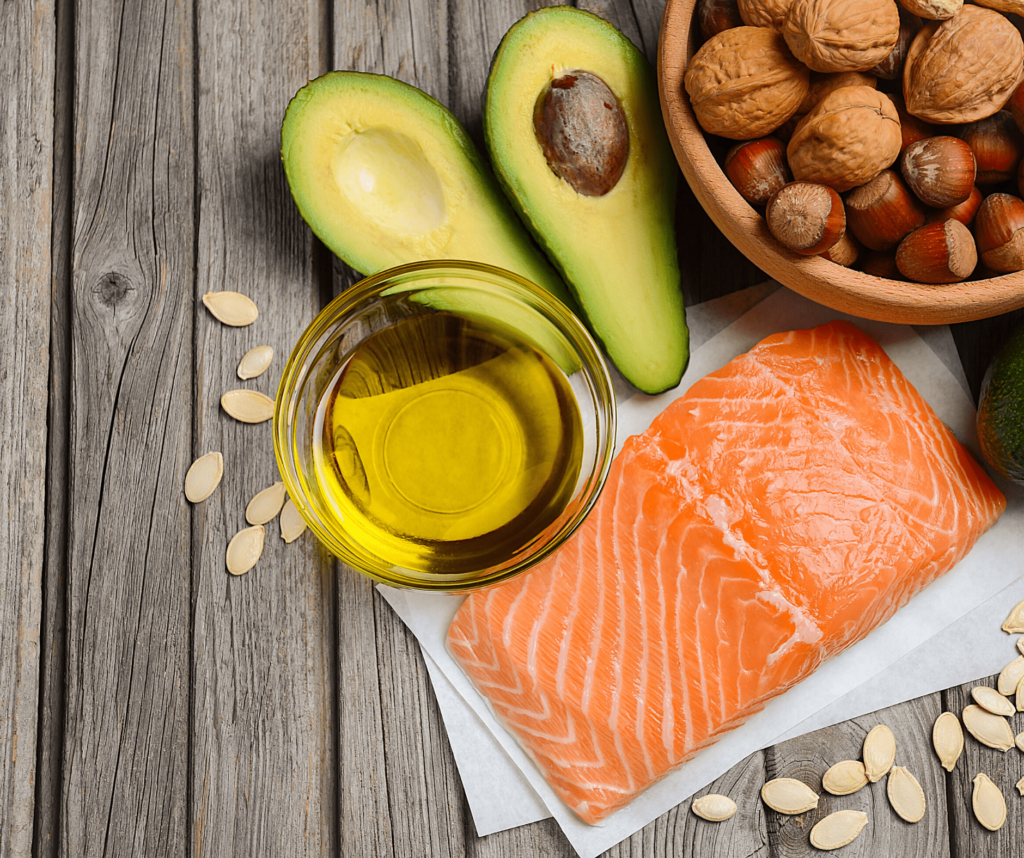Easy Tips to Detox Your Diet
We are tackling detox this week. Detox is NOT a dirty word! It's important to detox your diet, your space, and your mind.
Let's start with diet.
You know how we were taught to eat everything that was given to us when we were younger? And if we were picky, we got yelled at!? Over the years, I’ve realized it’s actually good to be a picky eater, and here’s why.
When we carefully evaluate what we eat, we quickly realize how much junk we ingest. Even if we decide to switch to healthier alternatives, we still allow toxins into our body because of the amount of modification, so many foods have gone through. Merely switching from cola to diet cola isn’t going to help either. So, what are we to do? My suggestion - a diet detox.
I know a lot of us view detoxing as simply eating less. Much, much less. And for many, living on leaves is a common notion associated with detoxing. But a detox diet doesn’t mean you need to starve yourself. In fact, it’s quite the opposite! A proper detox means you choose foods containing an abundance of healthy minerals, vitamins, and nutrients.
Here you’ll find a helpful guide on the foods you should and shouldn’t eat to detox your diet. First, let’s start with the don’ts.
Did you know that around 10% of the US population is addicted to sugar? So much so that they depend on it? It’s common knowledge that consuming too much sugar can lead to excess calorie intake and weight gain. However, being overweight increases the risk of health problems such as heart disease, some cancers, and type 2 diabetes. And who wants that?
Cutting back on sugar is important for a detox, not only to avoid the risks associated with being overweight but also because sugar is a poor source of vitamins and minerals. It's void of the nutrients that are essential for healthy metabolism and normal body functioning. And too much sugar, after giving you a short boost of energy, actually drains your energy.
This doesn’t mean that you should completely eliminate sugar from your diet. Low sugar levels can lead to a rise in blood pressure. It’s vital to find the right balance between a hefty slice of chocolate fudge cake and a cube of dark chocolate.
The American Heart Association recommends a daily added sugar limit of 36 grams for men and 25 grams for women and children over two years old.
TIP: The next time you go shopping, take a look at the nutrition labels and note how much sugar is in a serving. Consider alternatives with less sugar or skip high-sugar foods when you can.
Processed foods are any kind of food that has been purposefully changed before we consume it. This includes not only a McDonald's cheeseburger but can also mean the grilled chicken from Chick-fil-A that we think is healthy. But it's the highly processed food, also known as ultra-processed foods, that creates a "problem." With their surplus of added sugars, salt, oil, sodium, and unhealthy fats, including flavors and colors, an overload of such food is no less than an overdose leading to numerous health threats.
Even the processed foods with claims like low fat, low carb, vitamin-fortified, no trans-fat, contain omega-3s, etc. often pose an illusion to us. Although those terms may make you think they’re healthy, that's not the case. Frequently these foods contain ingredients that are leading causes of coronary heart disease, diabetes, stroke, and cancer. By stuffing our bodies with surreal amounts of sugar, bad oils, and the wrong kind of salt, we are inviting toxins into our systems. Toxins that readily attack our immune functions, causing inflammation and allowing us to be more susceptible to diseases and illness.
TIP: Shop the perimeter of your grocery store. That’s where whole and unprocessed foods tend to be stocked.
While these might seem extremely appealing after a long day, try to resist reaching for them. Not only are they known to cause acid reflux, erode teeth, and weaken bones, but they also add to your waistline and the number on your bathroom scale.
When you drink large amounts of alcohol, your brain has to put in extra effort and time to process the drug. It overloads itself, causing the rest of the body to go haywire - the liver trying to metabolize it, the lungs pumping irregularly, the heart beating rapidly. That’s what detoxing works to avoid.
TIP: Opt for filtered water and sip it throughout the day. Staying hydrated can help curb cravings for those less optimal drinks.
Trans fats are typically found in processed foods containing partially hydrogenated oil. For example, creamers, margarine, baked goods, fried foods, and refrigerated dough. Also known as trans fatty acids, they raise your bad (LDL) cholesterol levels and lower your good (HDL) cholesterol levels. And eating trans fats increases your risk of developing heart disease and stroke. It's also associated with a higher risk of developing type 2 diabetes.
TIP: Again, read the nutrition labels in the foods that you buy. If you see partially hydrogenated oil in the ingredient list, think twice about putting it in your shopping cart.
Now that’ we’ve gotten those out of the way, let’s go over the do’s to detox your diet.

Here’s the good news - you don’t have to give up your sweet cravings! You just have to tweak the dish slightly. A good alternative is a natural sweetener like SweetLeaf Stevia Sweetener, which you can add to any of your drinks, foods, or recipes. You can also use water drops in sparkling or filtered water to sweeten your drinks. Do this instead of reaching for sugary drinks to reduce your overall calorie intake.
Please note that we recommend the actual green Stevia herb or the liquid drops over the processed white Stevia. Monk fruit is also a decent substitute as long as it is not overly processed. We do not recommend consuming sugar alcohols including xylitol or erythritol regularly or in large amounts. There is scientific evidence that the body does not recognize these as food and does not process them properly.
TIP: You can use ingredients like raw honey, dates, and coconut sugar, in small amounts, of course, to substitute the sweetness in your food. We recommend not going above 20 grams of added sugars per day.
While it may seem like it’s on the pricier side, stocking your kitchen with whole and organic foods might be just what your body is looking for. Choosing these foods over processed food provides you with the most nutritional value.
Organic foods are free of chemical pesticides and fertilizers and retain the nutrients, minerals, and antioxidant properties that fruits and vegetables should possess. Not only is organic food good for you, but it’s also good for the environment. It contributes to healthy water, protection of animals, and increases soil fertility.
Similarly, eating whole foods is like having food in its rawest form. Their nutrients can help to keep your immune system strong and protect you from disease.
“Non-GMO” food means that it is made without ingredients that were derived from bioengineered organisms. For meat, poultry, dairy, and eggs, the “non-GMO” claim means animals were not fed a diet containing genetically engineered crops.
TIP: When grocery shopping, look for foods labeled non-GMO and organic and fill your cart with mostly whole foods like fresh fruits and vegetables and lean meat and fish.

Dietary fats are needed to give your body energy and support cell growth. They also help your body absorb nutrients and produce important hormones. The key is to choose healthy fats for your detox.
Here are some excellent sources of good fats.
FUN FACT: You can also use these oils on your hair for a relaxing hair mask!
Drinking more water is an obvious tip for detoxing, but why? The benefits are numerous. It not only helps flush all kinds of toxins from the body, but it also significantly raises energy levels and metabolism and helps balance body fluids.
Here are a couple of easy ways to get more water into your body.
FUN FACT: Juicing vegetables is also a good way to get water and nutrients in you. It also gives your digestive system a rest from digesting fiber. Drinking home squeezed juices is another great way to detox your stomach and is the reason so many people turn to juice cleanses.
Your Detox Journey
You’re on the road to recovery from toxins now! With these tips, you can avoid the food comas and constant bloat. And making the switch to these healthier options can do wonders for your overall well-being.
Keep in mind, this is a detox journey. You don’t have to adopt these changes all at once. Going instantly from living on fried food to living on leaves will likely backfire. Instead, take it one step at a time and find out what works for your body and what doesn’t.
For example, you can start off by introducing small amounts of healthier foods into your diet. Each type of food works differently for everyone, so take note of what your body likes and what it doesn’t. Think of it as self-dating! Get to know yourself more, treat yourself to some healthy food, put in more time to cook meals, and gift yourself some freshly picked fruits.
I love hearing your stories. It motivates me to continue my own detox journey knowing that I have so many others joining me! Want to know more about detoxing? Or have you already tried some of these tips? Fill me in below.
Be Well & Thrive!
With Love & In Health,
Sarah Outlaw, MH, MSACN
References: